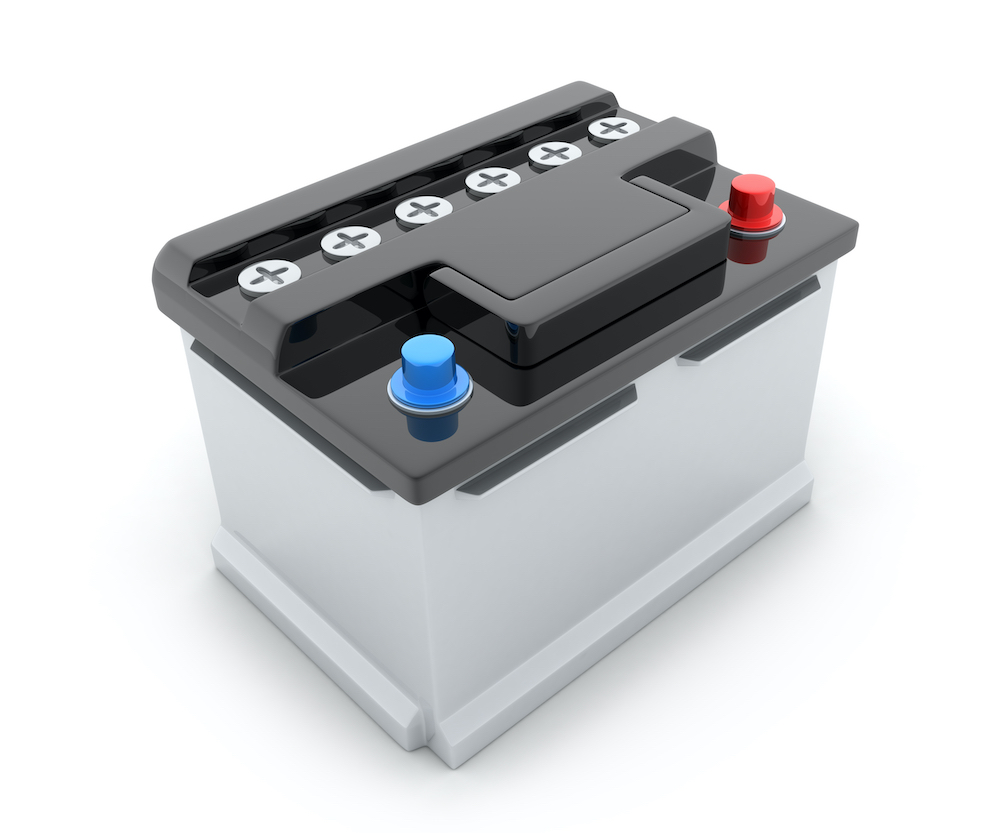MODERN cars are so reliable that many people have never had to change their car batteries, with the most they’ve needed to do was arrange a service or MOT.
We were all taught where the oil, water and fuel needed to go when we learnt how to drive, but it’s also worth understanding your car battery too if you ever run into problems starting your car. The more you know about your car battery, the easier it will be to identify any issues and get them fixed before you end up stranded in the middle of nowhere.
How does it work?
Car batteries work by converting chemical energy into electrical energy; it then delivers a voltage to the areas of the car that need it and maintains a constant current of electricity, ensuring your engine continues to run. You can use this energy to start your car or any other electrical features in your vehicle, such as the air conditioning.
Buying a new car battery
When buying a new car battery, there are three main types you should know more about to make the right choice for your car.
- Lead Acid: This is the standard battery of choice for most car manufacturers. These car batteries are guaranteed to have a three-year life span and 20,000 car starts.
- EFB: These car batteries have a four-year life span and 30,000 car starts, which is a longer life span than their lead-acid counterparts. They are also more likely to start on a cold day when the battery is strained due to having 18% more starting power. The next upgrade from the standard lead-acid battery is also compatible with some Start-Stop vehicles.
- AGM: This battery is a top seller for those replacing their old car batteries as it offers an average life span of five years and can start your car around 50,000 times. With 33% more starting power than the other two car batteries, this type is far more suitable for powering air conditioning and charging phones on the go. This battery can handle Start-Stop vehicles with ease.
If you have a car with ‘Start/Stop’ technology, you won’t find your battery on the list above. It is recommended that a professional fit your car battery as it needs to be adequately calibrated to your car’s onboard computer; this is because batteries for cars with ‘Start/Stop’ technology are extremely powerful, with the capacity of an engine over 350,000 times.
When finding the right car batteries for your car, it’s important to understand what type your car needs. Companies like Battery Group have a wide range of car batteries and can help you find the one that’s right for your car.
When should you change the battery?
Once you know what to look for, you can generally tell when your car battery needs to be changed.
- Slow engine, or the car won’t start.
- Engine warning lights.
- A swollen or bloated battery case.
- Low battery fluid.
- A pungent smell coming from your engine.
If you notice any of these problems with your engine or battery, your car battery may have reached the end of its life, or it could be having a malfunction. If you’re ever unsure, take your car into a garage to have it checked just to be on the safe side.







Leave A Comment